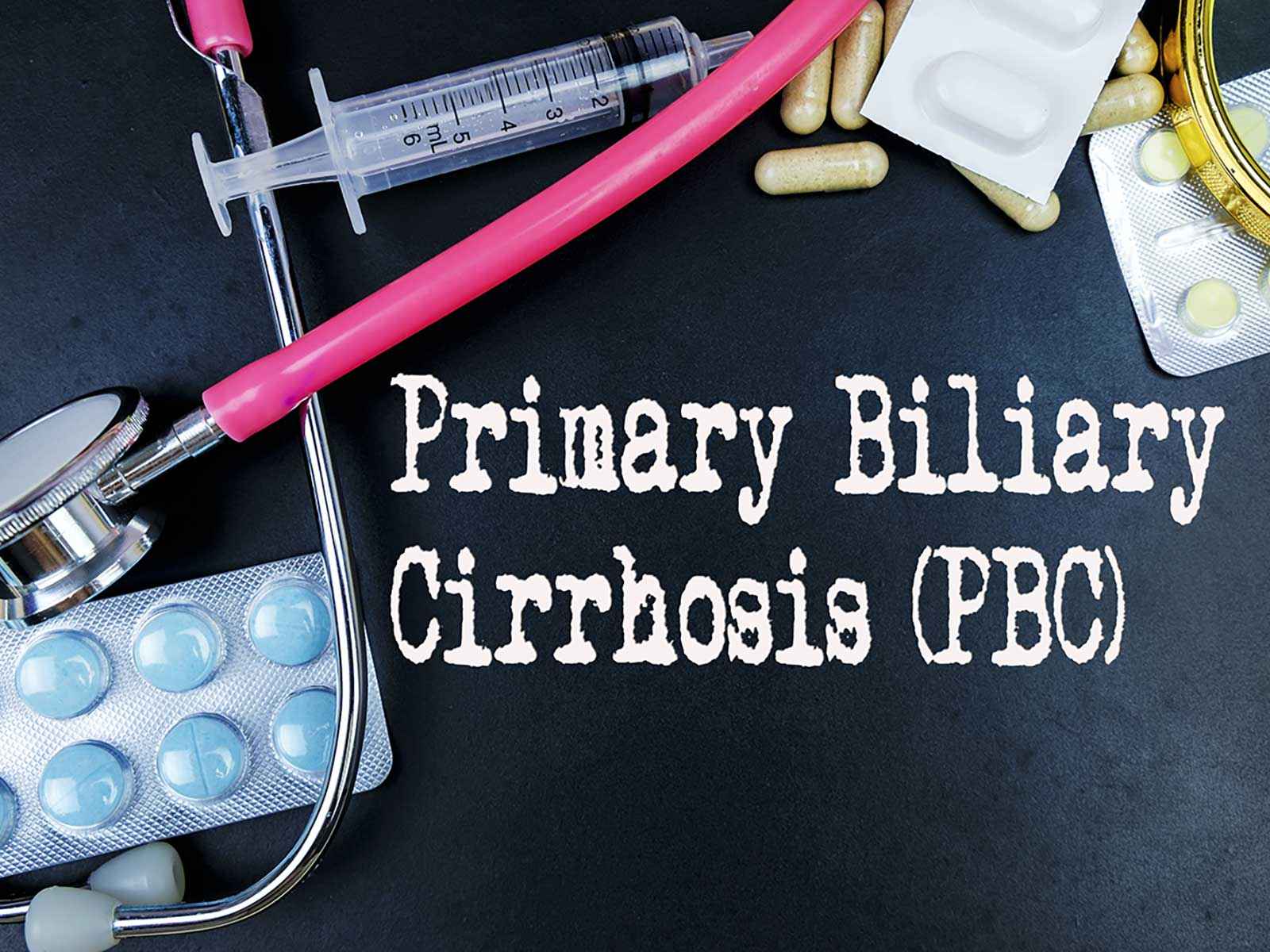
Cystic Fibrosis (CF) is a genetically predetermined disorder resulting due to the mutation of CFTR gene. It causes the thick sticky mucus to be produced which has the ability to clog the lungs, digestive tract and other organs. In the U.S. it is approximated that approximately 1 in 3500 babies is born with CF. Modern treatment has led to a great number of individuals living up to 40 or more years. Blockages of CFTR gene also interfere with protein folding processes and may cause amino acid imbalances in cells.
The CF symptoms frequently manifest themselves at early childhood. Watch for:
The CF is autosomal recessive, which means that a disease carrier must carry a defective CFTR gene by each parent to pass CF to the child. Through these gene mutations, the resultant effects are:
GastroDoxs is a patient-centered health home of experts on cystic fibrosis in Houston seeking to provide total care to their patients, both the digestive and breathing portions. Advanced CFTR modulators and airway clearance therapy to specific-enzyme replacement therapy and special dieting plans include a perfect choice of everything. You can make your appointment and start breathing better and living a better life today.
We've successfully treated more than 1k patients, helping individuals improve their digestive health and overall well-being through expert, personalized care.
With over 20 years of experience, GastroDoxs has been a trusted provider of gastroenterology care, focusing on delivering the best outcomes for patients
Cystic Fibrosis CF is a genetic disorder that is inherited and as a result of CFTR gene mutations. It causes the formation of thick and sticky mucus which may block the digestive tract and lungs creating respiratory infections causing difficulties to absorb nutrients.
CF is endemic to about 1 per 3500 newborns in America. It is among the prevalent genetic disorders that cause death of people of European descent.
With the development of treatment and the multidisciplinary care, nowadays there are numerous individuals with CF reaching the ages of 40 or even older. The life expectancy is getting better with new treatment and care setup that suits the individual.
CFTR gene mutations cause the CFTR protein to fold and re-fold in an abnormal way, which results in the defective functioning of the CFTR protein. Foldes on misfolded proteins have the potential to interfere with amino acid cellular balance and ion transportation, and the thick mucus and organ dysfunction observed in CF.
The diagnosis of CF can be done with the help of chloride experiment on sweat as the primary tool (to determine traces of salt in the sweat) as well as genetic testing to detect mutations in the CFTR gene. In many states, CF is identified at an early stage with the use of newborn screening programs.
The cause of Cystic Fibrosis is the inheritance of two mutated copies of CFTR a copy of the CFTR gene in each of the parents. The most common type of carriers have a single malfunctioning gene and with this gene they normally have no symptoms but they may transmit the mutation to their offspring.
It is treated with CFTR modulators (e.g., ivacaftor, lumacaftor) to normalize the functioning of the protein, techniques of alcoholizing airways and inhaled medicine, inhibition of secretion by adding pancreatic enzymes to food, nutritional support characterized by a high calorie content, regular vaccinations.
Yes. Gastroenterologists have a vital role in solving CF pregnancy-related digestive problems of malabsorption, pancreatic insufficiency, liver and nutritional deficiencies. At GastroDoxs, round the clock CF care is provided by our specialists working with pulmonologists and geneticists.
The patient and children should seek the advice of a CF specialist when they or their children have continued coughs or wheezing, frequent illnesses of the lung, lack of weight gain despite good appetite, greasy stool, or family history of CF. The outcomes can be improved by early intervention.
Taking an appointment with our Houston CF care team, you may call our office office or use an online booking option at the GastroDoxs site. Together we will make an individualized plan of action on breathing and living better.